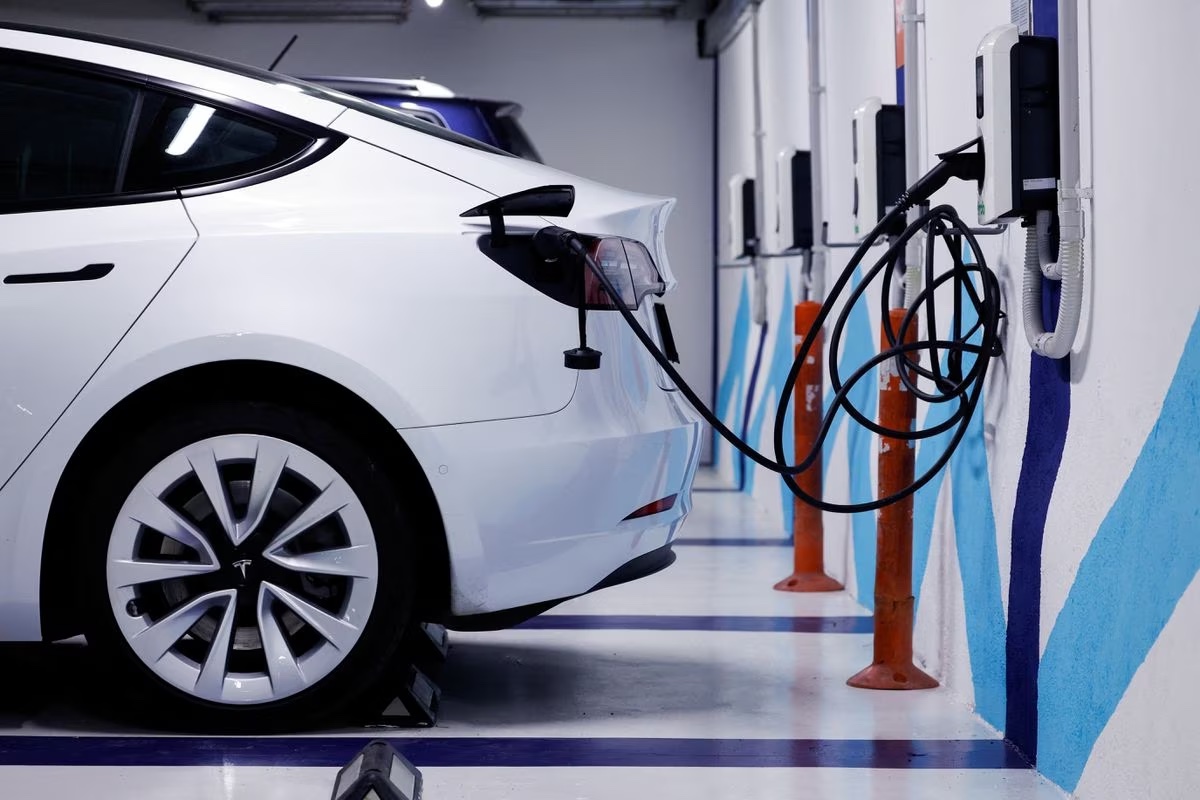PTI – There are around 100 electric vehicle (EV) charging stations across the national capital at present and this would be the first time that some of them would have battery swapping facilities.
The New Delhi Municipal Corporation (NDMC) is planning to increase the number of EV charging stations in Lutyens’ Delhi and even provide battery swapping facilities at some of these points, a senior official said on Wednesday. With Delhi being among the most polluted capitals in the world, NDMC has been making a push for electric vehicles to nudge residents to opt for cleaner vehicle options.
Presently there are around 100 electric vehicle (EV) charging stations across the national capital and this would be the first time that some of them would have battery swapping facilities, which is quite prominent in Western countries, he said.
The official said the aim is to provide easy accessibility to charging stations and to save time by providing swapping facilities.
This will give a major push to EVs in the city. Various PSUs, including the Rajasthan Electronics and Instruments Limited (REIL) and the Kerala State Electronics Development Corporation Limited (KELTRON), have approached the NDMC for setting up public charging stations, the official said.
NDMC Vice Chairman Satish Upadhyay said the demand for electric vehicles is expected to rise with increasing prices of petrol and diesel.
“Moreover, there is an urgent need to give a push to EVs to provide the city more green alternatives. Also, several app-based aggregators are moving to e-bikes. Once there is a web of such stations, people will not worry about the issue of charging and then there will be more such vehicles,” said Upadhyay.
“The plan to add more EV charging stations is under process, but we are also planning to install battery swapping facilities at some of the prominent stations,” Upadhyay added.
Battery swapping is an alternative that involves exchanging discharged batteries for charged ones. Battery swapping de-links the vehicle and fuel (in this case, the battery) and thereby leads to a reduction in the upfront cost of the vehicles.
Upadhyay said a policy will be prepared for the location of charging stations, and their total number and mode of allotment.
“We cannot install charging stations everywhere. We need to prioritise places where there are a lot of people travelling. The total number of charging stations is yet to be decided and the mode of allotment to such operators be decided in a time-bound manner,” the vice chairman said.
“We have been approached by three PSUs. We will sign MoUs with them for setting up of Public Charging related Infrastructure,” the vice chairman said.
The proposal in this regard was part of the agenda of Thursday’s council meeting but could not be taken for discussion because of the ruckus.
“This will be presented in the next house. Following the approval, we will ask the PSUs to survey and put forward their plans. We will then analyse them and select the best plan to take the matter forward,” Upadhyay added.











